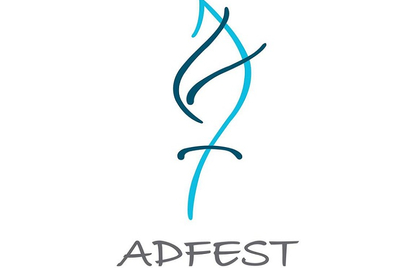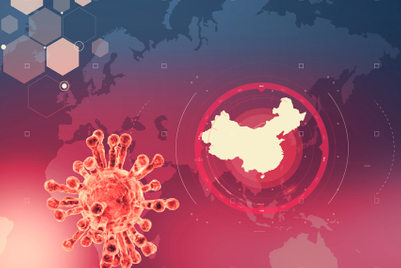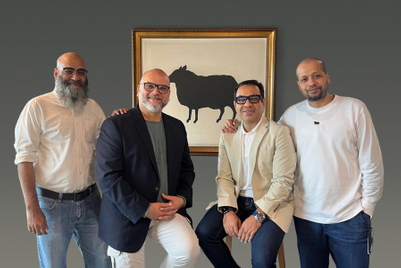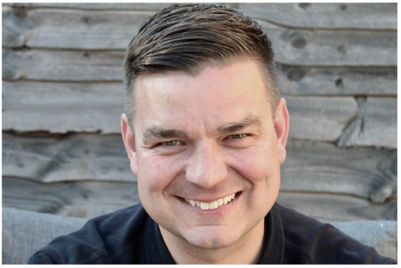Students from Manipal Academy of Higher Education (MAHE) have created a musical composition urging citizens to ensure justice and build a safer India by preserving DNA evidence and demanding it in cases of rape and sexual assault.
This initiative was part of Gordon Thomas Honeywell's #DNAFightsRape–Save the Evidence awareness drive launched a year ago to mark the International Day for the Elimination of Violence Against Women. The initiative has further gained momentum this year with National Forensic Science University (NFSU), Girl Up (UN Foundation), and Fever FM joining in as partners.
Saumit Paul, president, Chords and Co, (the official music club of Manipal Institute of Technology) said, "One of the biggest vices of humanity is sexual abuse. It's been that way for a while now. So even as a student club, we try to contribute in every way we can towards creating safer communities where people can live and express themselves without fear and flourish as musicians. As artists, we want our music to mean something to us and to everyone who listens to it. The message that a simple act of saving bodily evidence can empower countless rape survivors to fight back is a very powerful one. That's exactly the spirit that’s inspired this song, and we hope it strikes a chord in everyone who gives it a listen."
Nishtha Satyam, deputy country representative, UN Women India, said, “As the world and India takes measures to stop the spread of the coronavirus, we are also dealing with a shadow pandemic of violence against women and need a collective effort to stop it. The importance of forensic DNA technology as an ally in our fight against sexual violence cannot be understated. On the International Day for the Elimination of Violence against Women, that also marks the beginning of 16 days of Activism, this year we call upon you to 'Orange the World: Fund, Respond, Prevent, Collect' to eliminate sexual and gender based violence!"
Tim Schellberg, founder and president, Gordon Thomas Honeywell—GA, added, “We have noticed a significant improvement in public awareness about forensic DNA. Over the last year, we have seen DNA become part of public conversations and activism against rape with youth and women rights groups calling for widespread adoption to ensure justice. The country is clearly seeing a steady rise in the volume of forensic DNA casework but with half a million violent crimes in a year, India still only conducts a little over 20,000 tests. Sexual crime is not unique to India and it can learn from countries that have used DNA effectively to bring down conviction rates and the time in which a case gets settled."


.jpg&h=334&w=500&q=100&v=20250320&c=1)
.jpg&h=334&w=500&q=100&v=20250320&c=1)


.jpg&h=334&w=500&q=100&v=20250320&c=1)


.jpg&h=334&w=500&q=100&v=20250320&c=1)

.jpg&h=334&w=500&q=100&v=20250320&c=1)








